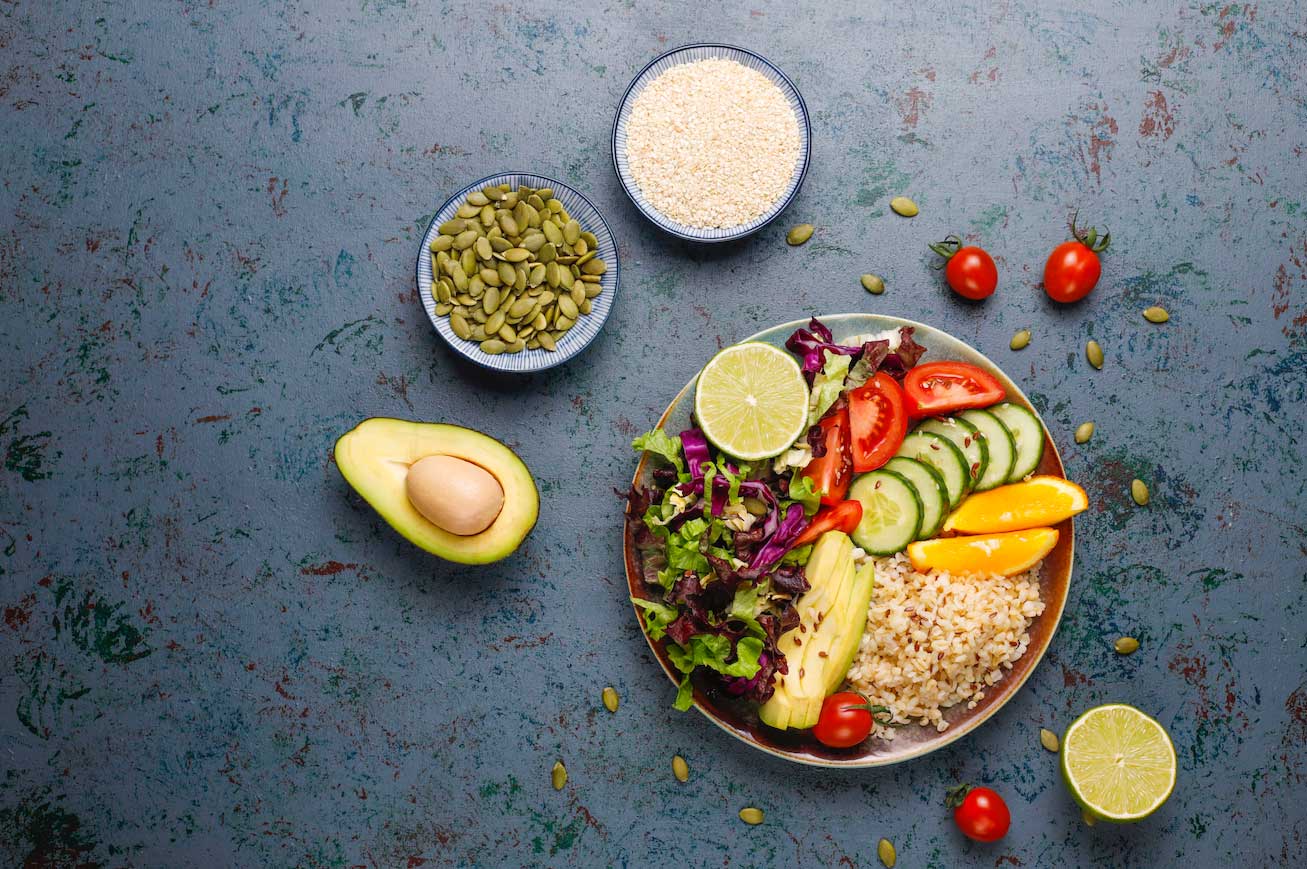Iftar is the daily meal at sunset during the holy month of Ramadan. Having a nutritious iftar meal is important to replenish energy stores and sustain fasting on the following day. It should be a balanced meal that provides our body with its needs without adding unnecessary calories. Ms. Arhum Shabir, Clinical Dietitian at Lifecare Hospital, shares tips on healthy foods to include during Iftar.
Hydration/Fluids: Start your iftar with hydration: One cup of water/low-fat milk/laban to provide essential fluids lost throughout the day.
Dates: Have two to three dates to boost natural sugar and energy after long fasting hours. Dates are an excellent source of fiber.
Soups: Soup helps prepare your stomach to receive the rest of the meal as well as replenishing body fluids. Lentil soup or mixed vegetable soup are great options. Avoid ready-made soups as well as creamy soups.
Choose Good Carbohydrates: Your iftar meal should contain a source of carbohydrates, preferably complex. These include brown rice, whole-grain pasta or bread, oats, and potatoes. Complex carbohydrates provide a more stable and sustainable source of energy in addition to fiber and minerals.
Lean Meat: At iftar, you should aim to eat high-quality protein that is highly digestible and contains all the essential amino acids. Your body uses these to build and maintain muscle mass. Choose lean proteins to get the benefits with little saturated fats. Include fish, skinless chicken or turkey, and low-fat dairy as part of your iftar meal. If you’re vegetarian, you can select other protein sources such as legumes, beans, and nuts.
Nuts: Almonds contain good fats which are essential, particularly when your body has been craving fats after the long hours of fasting. Raw nuts are perfect for iftar as they can help you to feel full and in control, without the need to binge.
Fresh Juices: Homemade fruit juices or smoothies are nutritious options for breaking the fast. They provide hydration, vitamins, and natural sugars for energy.
Fruits: Fruits like watermelon, oranges, grapes, and melons are refreshing and hydrating options for breaking the fast. They provide essential vitamins, minerals, and antioxidants.
Salads: Fresh vegetable salads with lettuce, tomatoes, cucumbers, and other seasonal vegetables are light, hydrating, and provide essential vitamins and minerals.
Yogurt: Plain yogurt or yogurt-based drinks are popular choices for breaking the fast. They are refreshing, hydrating, and provide probiotics that aid digestion.










